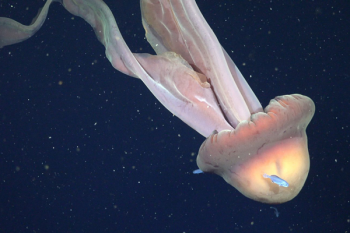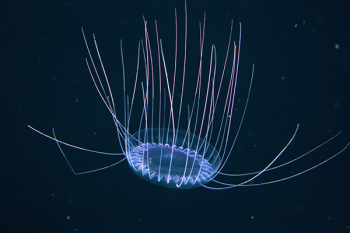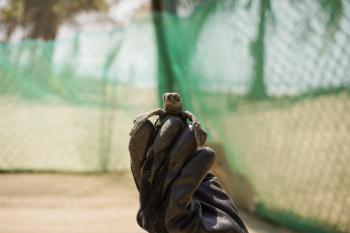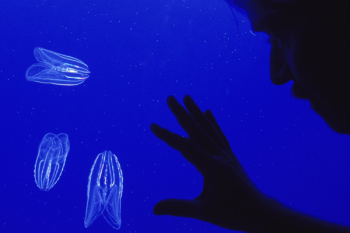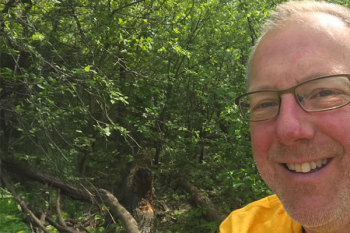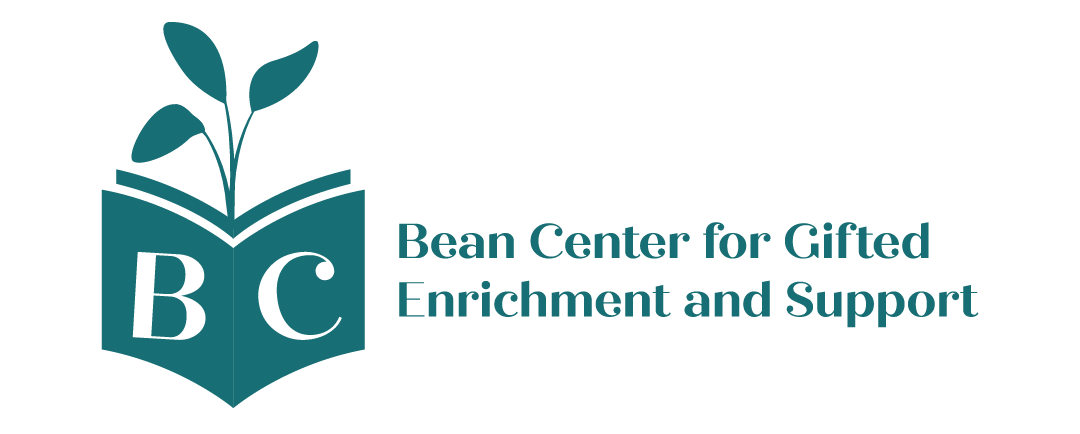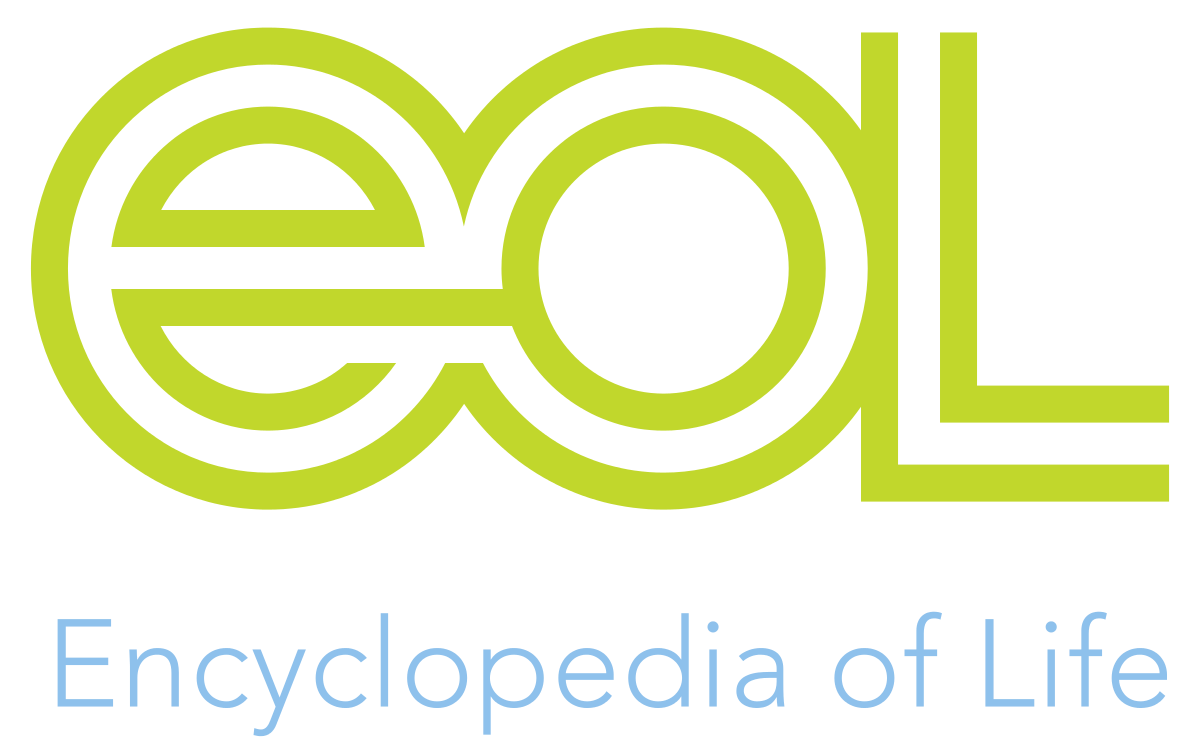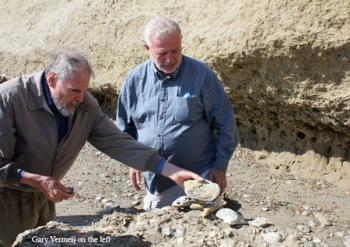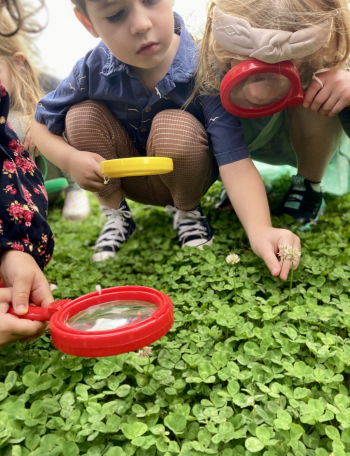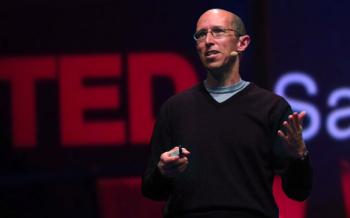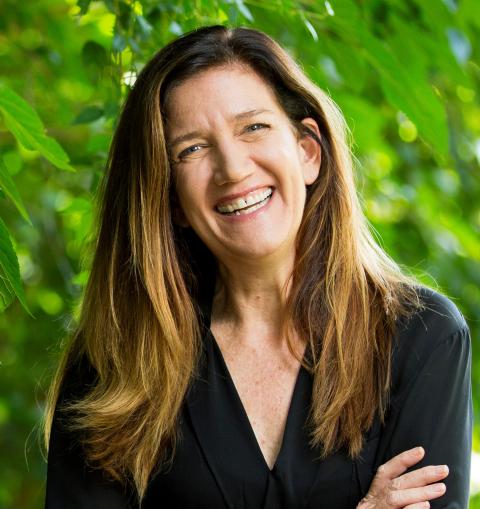
An Environmental Biologist is Born
Rebecca would go anywhere to study anything, living in any conditions, as long as she was outdoors- even living on a floating cabin on the Amazon river as a research assistant! Rebecca learned how amazing the natural world is and how our activities impact the world’s climate.
Rebecca has an M.A. in Environmental Policy and a Ph.D. in Energy and Resources from the University of California, Berkeley. As a part of her doctorate, Rebecca studied the impact of climate change on high alpine systems, specifically how changes in species composition changed carbon flows through the system.
The Nature Conservancy, Biodiversity and Climate Change
Rebecca took a two-year fellowship at the Nature Conservancy to work on the impact of invasive species and climate change on biodiversity. The Nature Conservancy hired her as Director of Science to help them better understand the impacts of climate change. She has worked on conservation in non-governmental agencies ever since.
Elevating the Importance of Understanding Climate Change
When Rebecca began working on climate change, it was long before we knew how devastating the impacts were going to be. Scientists thought global changes would be slow and incremental. Certainly not as abrupt and disruptive as they are now. They focused on how to help species slowly adapt, through increasing the connectivity of key habitats. Conservation scientists also expected our society would more quickly respond to the climate crisis. They never thought we’d be where we are today where extreme climate events are outpacing animals’ ability to adapt.
In Rebecca’s current work as Chief Scientist at World Wildlife (WWF), she works with experts around the world to help WWF develop new strategies to implement conservation work effectively and to be more enduring in the face of climate change. She has a team of scientist, (conservation, data, social, and behavioral scientists), developing the science WWF needs in order to present solutions.
Solutions Start with Locals
The WWF scientists found that to stabilize biodiversity and ensure it resilience, we need to work with the local people living within that biodiversity.
As it turns out, in many places around the world indigenous people are adept at stewarding their land and waters. The WWF seeks to enable and empower indigenous peoples and local communities in stewarding land and sea while also informing all societies of their successful practices.
“The concept of biodiversity has changed over the years as our knowledge has changed”, Rebecca says. “It used to be focused on vertebrate species. But as scientists learned what species need in different ecosystems and eco-regions, they realized that biodiversity means diversity at all levels including: ecosystems, populations, species, genetics, and benefits. That’s exciting to think about: if the goal is preserving biodiversity: what are you meaning? How can it be holistic? And what about people?”, asks Rebecca.
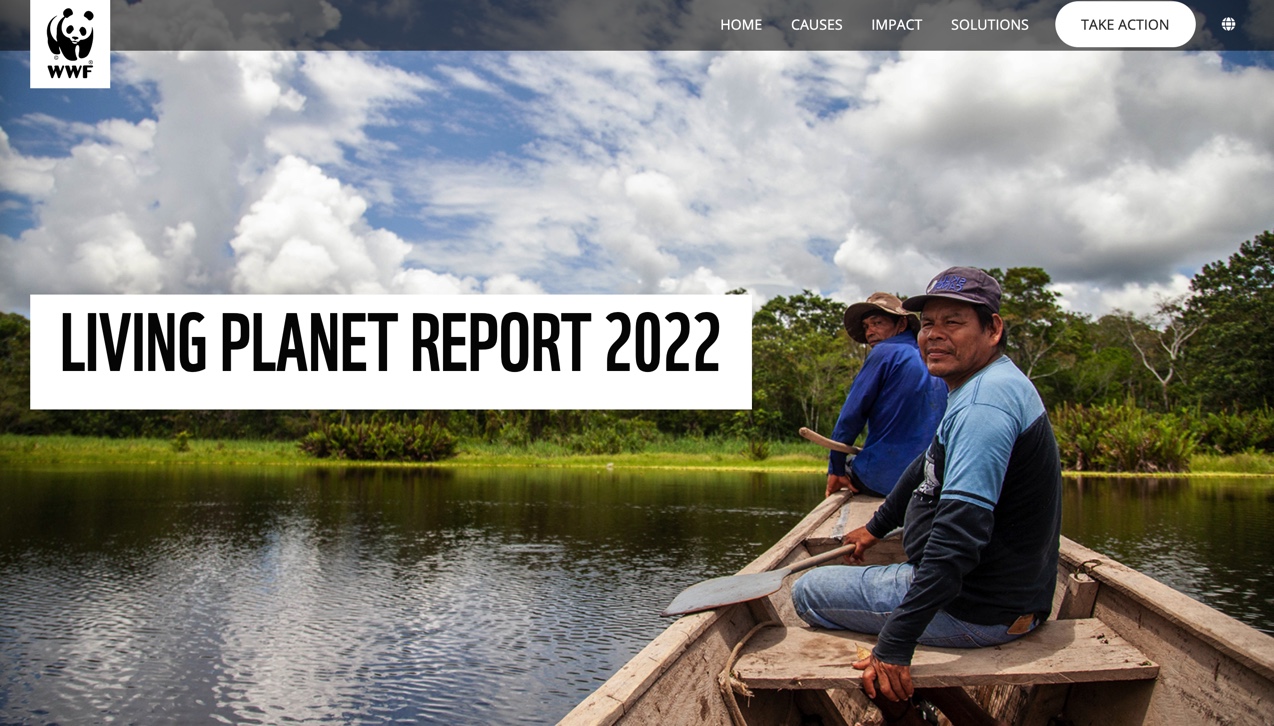
WWF and the Zoological Society of London have created the Living Planet Index focused on populations of vertebrates living on land, in the ocean and in freshwater. They track over 5200 vertebrate species over 32,000 populations and their changes over time as an indicator of ecosystem health. If populations of vertebrate are not thriving, it is a sign of ecosystem instability. If breeding grounds are not available, habitat is polluted, or prey species are disappearing, scientists will measure a decline in populations of species. That’s an ‘early warning’ sign of ecosystems in decline.
Let’s Track Populations Before Endangerment
Tracking changes in populations of species across their ranges provides a better indicator of ecosystem health than tracking endangered and threatened species. By the time a species is classified as threatened or endangered, the ecosystem is already in decline and the chances of its full recovery and restoration are very low. Tracking populations provides an early warning of species declines and ample time for intervention to reverse the trend.
“It's about us humans,” Rebecca emphasizes. “When conservation scientists work with locals and share a vision of health, every animal benefits. Industrialized economies have made a mess all over the world. So we need to create places where biodiversity and humans thrive in harmony. What we do in the next 10 years is so important for biodiversity, climate and equity around the globe and here at home.”
Where there is Passion and Opportunity, there is Hope.
Rebecca didn’t start out following a career path as an ecologist. She started by following her heart and the love of being outdoors. “A science career is never a direct path. Following your heart is key even if it feels like you need to redirect your path a few times in your life”, Rebecca says, “Listen to your heart and do what keeps you happy, energized and thriving.”
Future solutions to the biodiversity and climate crises haven’t fully emerged, yet. The next generation has a very significant role to play. “Be bold about going for what you think will matter around biodiversity and climate solutions. There are lots of opportunities to make a big difference. Demand change now. You can do great things when you’re impassioned,” says Rebecca.
